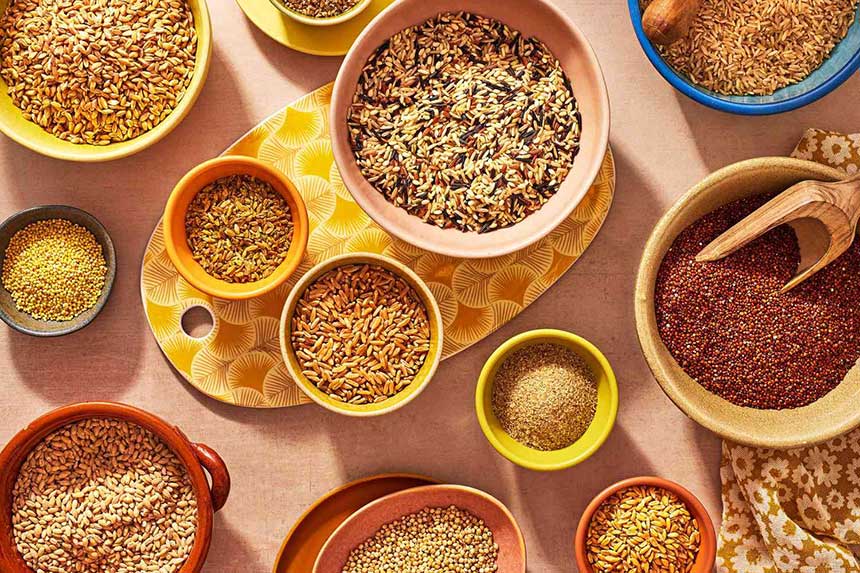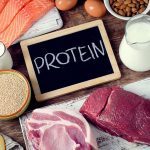Whole Grains

Whole grains, including wheat, millet, oats, brown rice, and quinoa, offer a plant-based source of iron. Oats, for instance, contain 4.7 mg of iron per 100 grams, while quinoa provides 1.5 mg. These grains, rich in fiber, proteins, vitamins, minerals, and antioxidants, contribute to improved digestion and a reduced risk of heart disease, stroke, diabetes, and obesity.
Incorporating whole grains into your diet not only helps combat iron deficiency but also provides a host of other health benefits. Whether in the form of bread, cereals, or side dishes, whole grains contribute to a well-rounded and nourishing diet. [4]
Tofu

Tofu, derived from soybeans, emerges as a plant-based iron powerhouse with 5.4 mg of iron per 100 grams. Beyond iron, tofu offers a wealth of nutrients, including protein, calcium, vitamin B1, manganese, phosphorus, and magnesium. Regular tofu consumption supports cholesterol levels and bone health while reducing the risk of anemia and cancer.
Incorporating tofu into your meals not only addresses the iron needs of vegetarians but also provides a versatile and nutritious option. From stir-fries to salads, tofu seamlessly integrates into various dishes, enhancing flavor and nutritional value.





